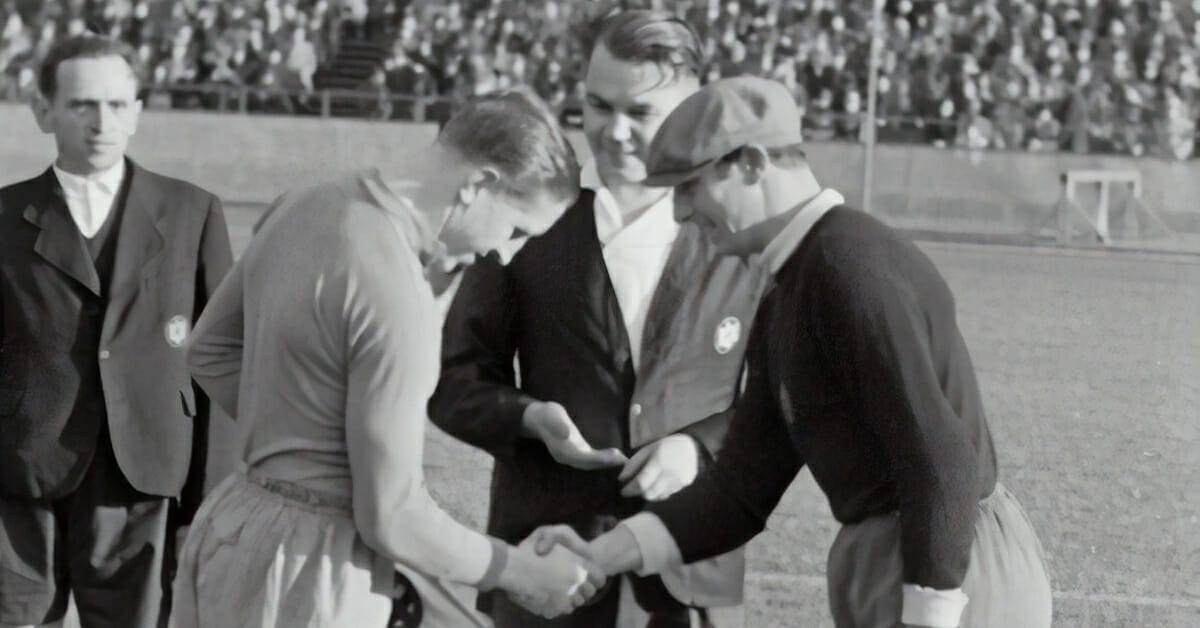“Bad company corrupts good character.” (1 Cor. 15:33 NLT)
This is a principle we tell our teenagers when we dislike the company they’re keeping, but it’s true for any age. Wise and godly people will be affected by keeping ongoing company with those who are immoral and choose not to follow God. In relationships, the ungodly tend to lower the standards of the godly, rather than the godly raising the standards of the ungodly.
This was true of king Jehoshaphat. In 2 Chronicles chapters 17-20, Jehoshaphat was a pursuer of God, committed to…
- Following God. (17:4,6) (18:4,6) (20:3,32)
- Leading his people to follow God. (17:9) (19:4) (20:3,20)
And because of this, God did amazing things through him and for him.
But every time Jehoshaphat got involved with the kings of Israel, who were not following God, he wound up making decisions that didn’t trust or honor God. (19:2) (20:35-37)
Does this mean we should isolate ourselves from everyone who is not passionately following God? No! We are to be salt and light to those who need Christ. (Matt. 5:13-16) But any relationship that pulls us away from Christ more than draws us to Him is damaging and we should be cautious about how much time we spend in that relationship.
Think about your close, ongoing relationships. Are they relationships that draw you closer to Christ? Or are they relationships that pull you away from Christ?









